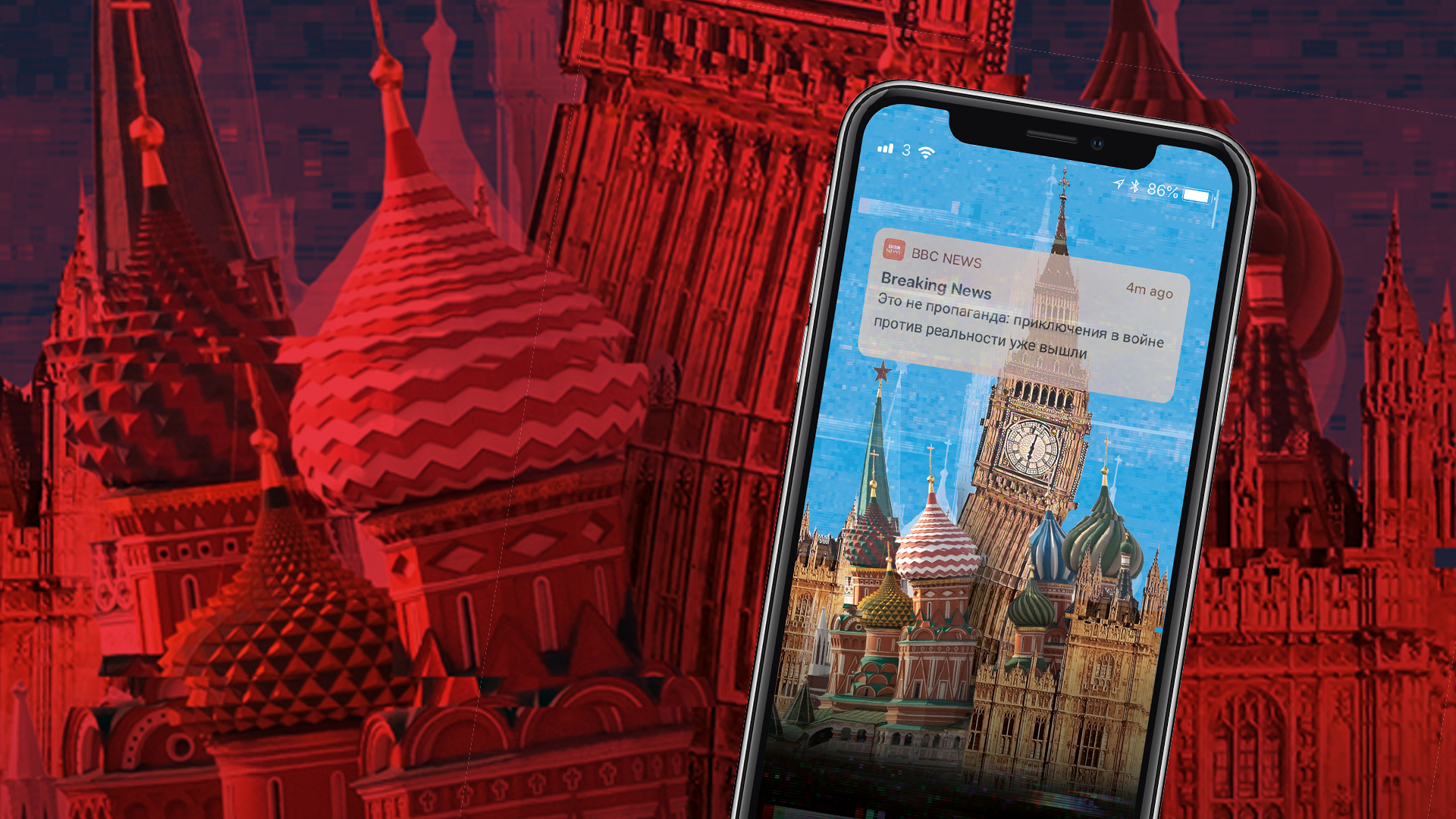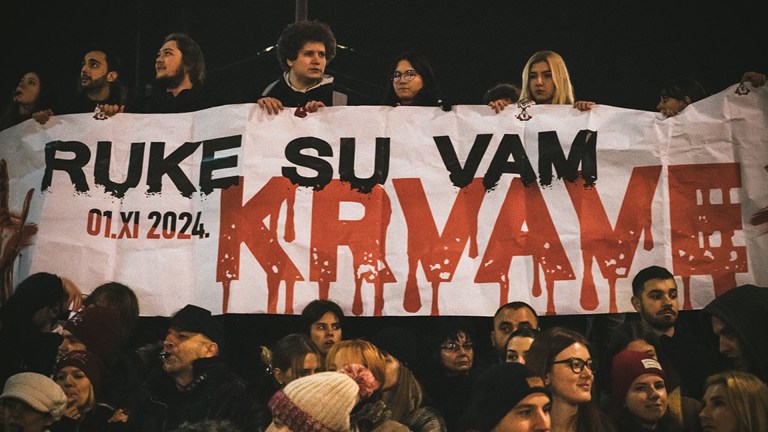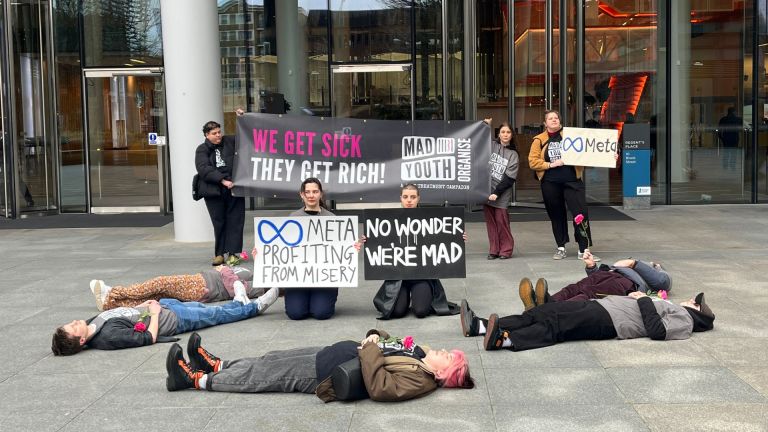Sometimes I can’t tell any more – am I in Russia or the UK? Among the public I hear the same confusion in Peterborough as I would hear in Moscow or Vladivostok over 10 years ago, when I lived in Russia. Everywhere people complain of being caught in an information chaos: “There is so much information and misinformation out there I don’t know who to trust any more.” And we see similar patterns in political rhetoric too. Russian propaganda of the 1990s and Noughties was full of politicians who revelled in lying for the fun of it, giving a big middle finger up to factuality and weaponising an aggressive nostalgia. And now in the UK we have a Prime Minister who only gets stronger every time he’s caught out lying, whose very appeal seems to lie in his casual abandonment of truth, and who rides a wave of ever more unpleasant nostalgia. This means that as we approach a seismic general election the principles that were meant to guarantee a shared, deliberative debate are creaking. When people don’t trust information any more then the possibility of common communication breaks down; if power can no longer be held accountable with the truth a politics built on evidence and rationality ends.
Don’t get me wrong, Britain is still very different to Russia when it comes to rights and fundamental freedoms, but something in the pathologies of public opinion and propaganda is manifesting itself here that I saw first in Russia, and we need to understand how and why.
We need a radically more transparent internet, so that a citizen knows who is behind what they are seeing online
Part of the reason is technology.
A report by Canadian research centre Citizen Lab back in 2010 had this to say about how the Russian government was promoting lack of trust through the sheer volume of information that can be produced online. Ron Deibert and Rafal Rohozinski observed how it was using online noise, rather than censorship, to impose control:
“In [Russian-language online community] RUNET, control strategies tend to be more subtle and sophisticated and designed to shape and affect when and how information is received by users, rather than denying access outright. The key characteristic of third-generation controls is that the focus is less on denying access than successfully competing with potential threats through effective counterinformation campaigns that overwhelm, discredit, or demoralise opponents. These techniques include employing ‘Internet Brigades’ to engage, confuse, or discredit individuals or sources… The future of cyberspace controls, we argue, can be found in RUNET.”
Today such information tactics are rife on the UK internet, and they come at us from all sides. Plethoras of non-transparent pseudo-news sites, online bots, strangely coordinated Facebook groups and troll armies flood us with content aimed at subverting the minimal trust necessary for debate to thrive.









